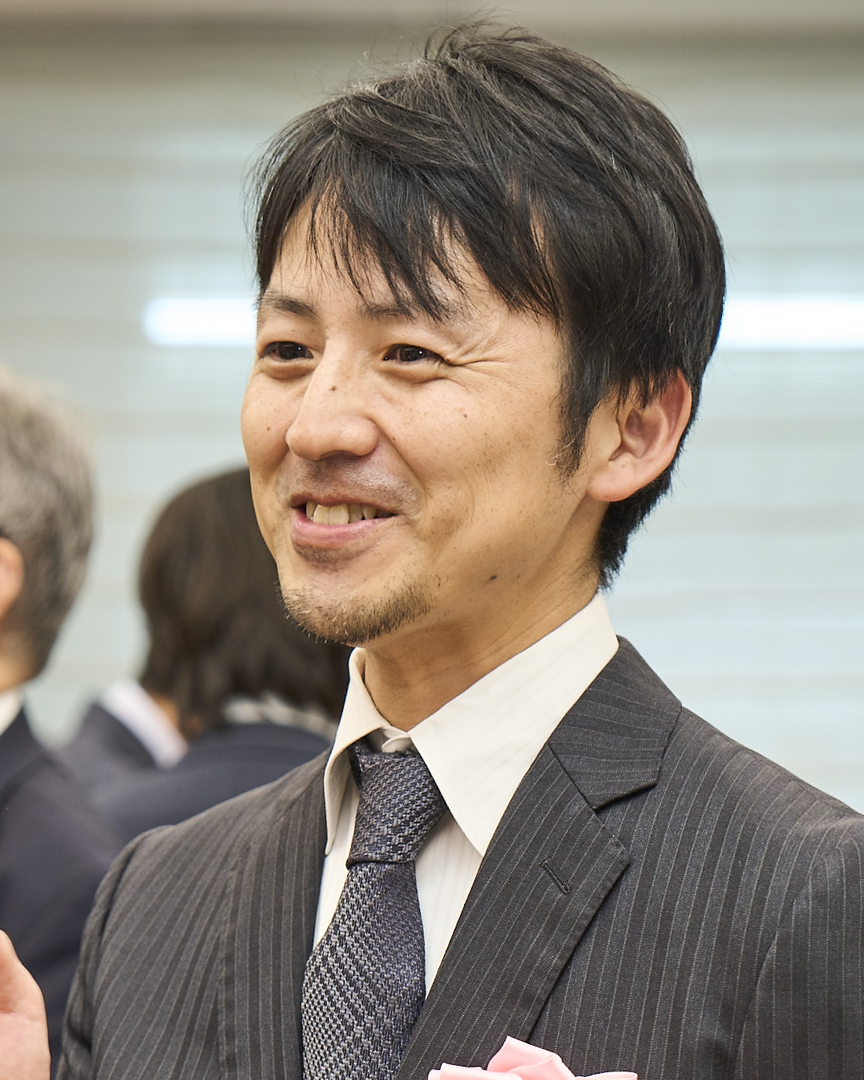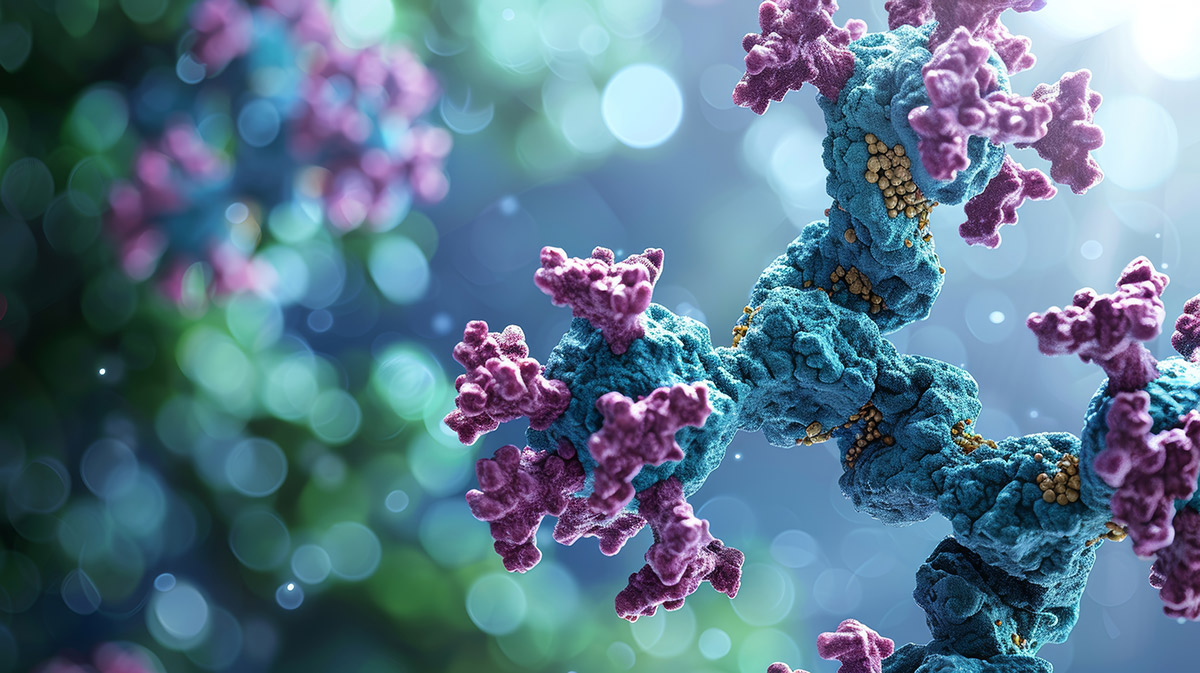One-step glycoprotein/peptide synthesis driven by the chemoselective radical glycosylation

-
- Principal Investigator
Professor / Kenzo YAMATSUGU
- Affiliation
Graduate School of Pharmaceutical Sciences, Chiba University
Researchmap
ORCID ID
- Principal Investigator
Glycoproteins, which have sugar chains attached to protein amino acid residues, are important biomolecules involved in cellular recognition and adhesion. In particular, N-linked sugar chains, in which a sugar chain is attached to the side chain amide nitrogen of an asparagine residue, are involved in infection, immunity, cancer metastasis, etc. Their functional analysis is, therefore, important. It is expected to be used as a vaccine or as a drug that inhibits cancer metastasis.
However, since glycoproteins obtained from biological samples are not homogeneous, it isn't easy to analyze their functions and apply them directly to medicine. Therefore, research to chemically synthesize homogeneous N-linked glycoproteins/peptides has been conducted. The current synthetic method, however, requires many “unnecessary” protecting groups, which make only the desired position of a sugar/peptide react and needs to remove the “unnecessary” protecting groups after cumbersome assembly of the desired glycopeptides. This is a very complicated method. These problems arise because current sugar-peptide bond formation methods are based on so-called two-electron reactions and are not suitable for highly functionalized substrates such as sugars/peptides/proteins that do not have protecting groups. In other words, the current methods lack chemoselectivity. As a result, the practical use of glycoproteins and glycopeptides as medicines has not progressed as expected.
The purpose of this research is to develop an innovative method to synthesize N-linked glycoproteins/glycopeptides from the corresponding whole proteins and peptides in a single step. For this purpose, we focus on one-electron reactions (radical reactions) that could have high chemoselectivity and are expected to be used in water. Recent advances in protein engineering have made it easy to express and produce full-length proteins with desired sequences from E. coli. This research will enable introduction of the desired sugar chain into these full-length proteins in a single step with precise positional control. By innovatively simplifying the synthesis of glycoproteins/glycopeptides through synthetic organic chemistry, I will strongly promote immunology and vaccinology research.

